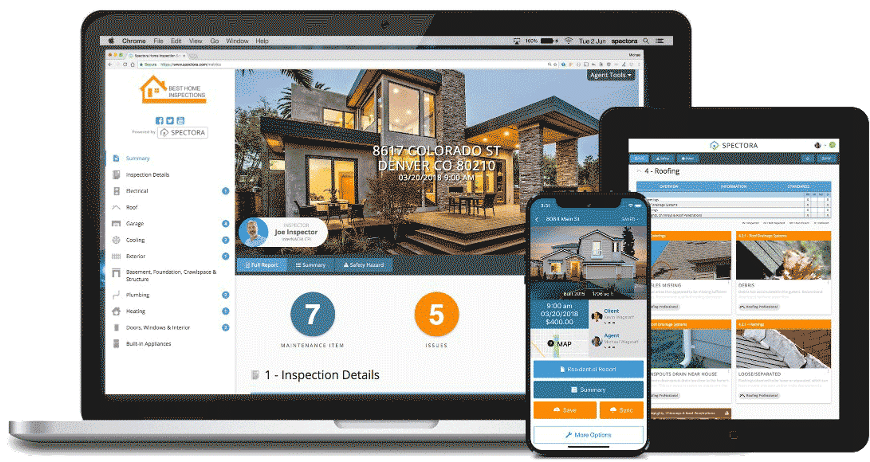The value of a professional home inspection as part of a real estate transaction or a preventative maintenance strategy is dependent on a trained, certified, and experienced inspector conducting a detailed and thorough examination of the property’s condition. By utilizing a variety of tools and technologies, an inspector can view, measure, and verify specific details about the structural and system components of a home that may not be visible to the casual observer.
The following is a list and description of how some of the more common tools and technologies add value to professional home inspections:
Home Inspection Software
Used for scheduling and communicating with all stakeholders regarding upcoming inspections. Produce digital reports that enable organizing information and processes and providing efficient and professional service delivery. Today’s successful inspectors take advantage of the continuing advances made available by industry-leading software providers.
Phone/Tablet
The days of paper inspection reports are gone. Today’s smartphones and tablets enable documentation of written and photographic/video observations of the property’s condition, both for the inspection report and for future reference.

Thermal Imaging Camera
Detect temperature variations to identify hidden issues such as insulation deficiencies, water-related damage, wood-destroying organisms, or electrical hotspots. See our related blog for more information!
Infrared Thermometer
Measure to verify proper operation and output of HVAC systems, plumbing, and refrigeration appliances.
Moisture Meter
Measure the moisture level in materials like wood, drywall, and concrete foundations, helping identify potential water intrusion, damage, or potential mold issues.
Combustible Gas and CO Detectors
Check for gas leaks and ensure the proper functioning of heating systems.
Electrical Testers
Determine the proper configuration, functionality, and safety of electrical systems, outlets, and fixtures.
Sewer Inspection Cameras
Allow inspectors to visually inspect pipes and drains for leaks, blockages, or damage. See our related blog for more information!
Radon Detection Equipment
Test for the presence of radon gas, which can be harmful if present in high concentrations. See our previous Radon Blog for more information.
Structural Inspection Tools
These may include levels, plumb bobs, marbles, and laser measuring devices to assess structural integrity.
Environmental Testing Kits
Test for the presence of mold, lead, asbestos, or other environmental hazards.
Personal Protection Equipment (PPE)
Safety gear such as gloves, safety glasses, knee pads, and a respirator/mask enable a professional inspector to safely access every area of the home to complete a thorough inspection.
Flashlights
A variety of headlamps, handheld, magnetic, and/or clamping flashlights are used to inspect dark and difficult-to-access spaces such as attics, crawl spaces, and basements, as well as appliance technical labels.
Ladder
To access elevated areas like roofs, ceilings, and attic access scuttles.
Extension Pole
In conjunction with a phone/camera to provide closer observation of difficult-to-reach areas.
Binoculars
Useful for examining high or distant areas without the need to physically access them.
Drone Technology
Some inspectors use drones to inspect roofs and other elevated areas that are challenging to access manually.
Tape Measure
To verify safe and proper dimensions of stairs, railings, egress windows, and setback distances of vent pipes, intakes, and electrical service lines.
Miscellaneous Hand Tools
Screwdrivers, pliers, awls, extendable/articulating mirrors, and other tools to enable access to the wide range of systems inspected.
Professional Inspectors may use a combination of these tools and technologies based on the specific requirements of the property and the inspection process. A homeowner, buyer, or seller who wants to confirm the condition of their property can be confident that an inspector who includes these tools in their process is well-positioned to deliver the value of a thorough and detailed inspection.


